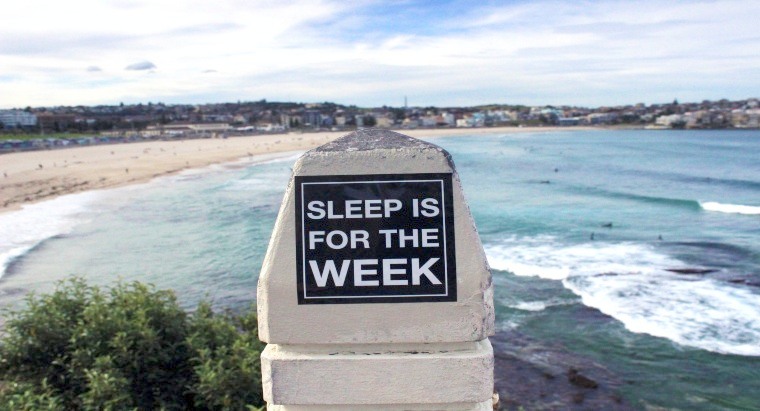Sleep disorders are health conditions that affect the ability to get regular, proper sleep. Factors like stress, demanding schedules, medical conditions, and other external influences contribute to sleep disorders.
If you are having a hard time getting quality sleep at night, you must strive to improve your situation as sleep disorders can interfere with your daily life.
We have prepared a list of helpful tips you should implement as well as activities you to avoid, to help you sleep better each night.
Do’s
- Keep A Routine
Keeping a regular sleep schedule can have significant effects on your sleep pattern. To start with, try to get up at the same time every morning, even on weekends and holidays.
When you have a regular schedule planned for your meals, chores, medications, and sleep, you set your circadian rhythm (the natural cycle of physical, mental, and behavior changes that the body goes through in a 24-hour cycle) or biological clock running smoothly. This can help you sleep better.
- Condition Yourself To Sleep Only In The Bedroom
Training yourself to sleep only in the bedroom can also be amazingly beneficial. This passes a message to your brain to see the bed as your perfect sleeping spot.
You can stay in places other than the bed to read, work, play games, watch TV or eat. And whenever you do decide to sleep and are unable to, don’t remain on the bed. Instead, get up and do something else, in another room, if possible, till you feel sleepy again.
- Develop Some Relaxation Rituals
Rituals are a repeated set of actions. In this case, they are things you do each night to put you in a relaxed mood. For instance, you can take a warm bath just before bed, have some light snacks, indulge in a few minutes of reading, or listen to soothing podcasts.
- Make Your Bedroom Comfy
It is very pertinent that your bedroom is comfortable enough to sleep in. A cozy bedroom should be quiet, dark, and relaxed. Please turn off the lights as they may keep sleep away. Some people find playing soft, low songs helpful as well. But if this isn’t your thing, do well to keep your room bereft of noise.
- Stay Off Your Electronic Gadgets
Electronics like your cell phones, tablets, laptops, and even television screens emit blue rays that affect your circadian rhythm by making your brain think it is daylight.
You don’t need a soothsayer to tell you this makes it harder to fall asleep. So, as tempting as it may be to grab your phone when you wake up in the middle of the night, please don’t!
Don’ts
- Don’t Drink Caffeine Hours Before Bed
The body clears about half of the caffeine in your system every 4-to-7 hours. This means if you drink caffeine just close to bedtime, you might have difficulty finding sleep. If you are suffering from a chronic sleep disorder, it may be helpful to limit your overall intake of caffeine as well.
- Don’t Keep The Bedroom Temperature Too Warm
You should make your bedroom cool and cozy, and not too warm. An optimal room temperature should fall between 60 and 67 degrees Fahrenheit. A drop in body temperature can help you feel sleepy quicker, while too much heat can be uncomfortable.
- Avoid Drinking Alcohol Before Bed
While alcohol may help you fall asleep, it can affect sleep patterns and quality by disrupting deep sleep and waking you earlier than you want. So, to avoid insufficient rest or lighter sleep in the second half of the night, don’t drink alcohol just before bedtime.
- Avoid Going To Sleep At Different Times Every Night
To maintain a good sleep pattern, you need to create and maintain a sleep routine. Have a defined time to sleep and awaken each night and day. Doing this consistently, properly conditions your mind and body to help you sleep easily.
Final Words
Maintaining these positive sleep habits is crucial to improving your quality of sleep. However, if you don’t notice any improvements after trying them, you may need to see a sleep doctor.
Our sleep specialists at the Pulmonary Clinic of the Carolinas can provide the best advice and treatments for sleeping disorders. We are happy to respond to your questions. You can start by booking a free meeting with us today.



 Translate
Translate

